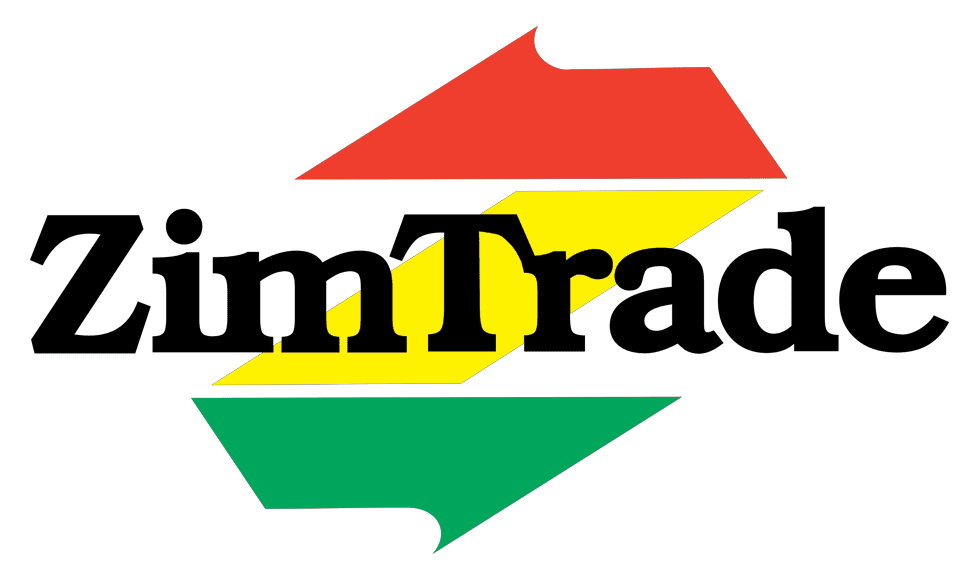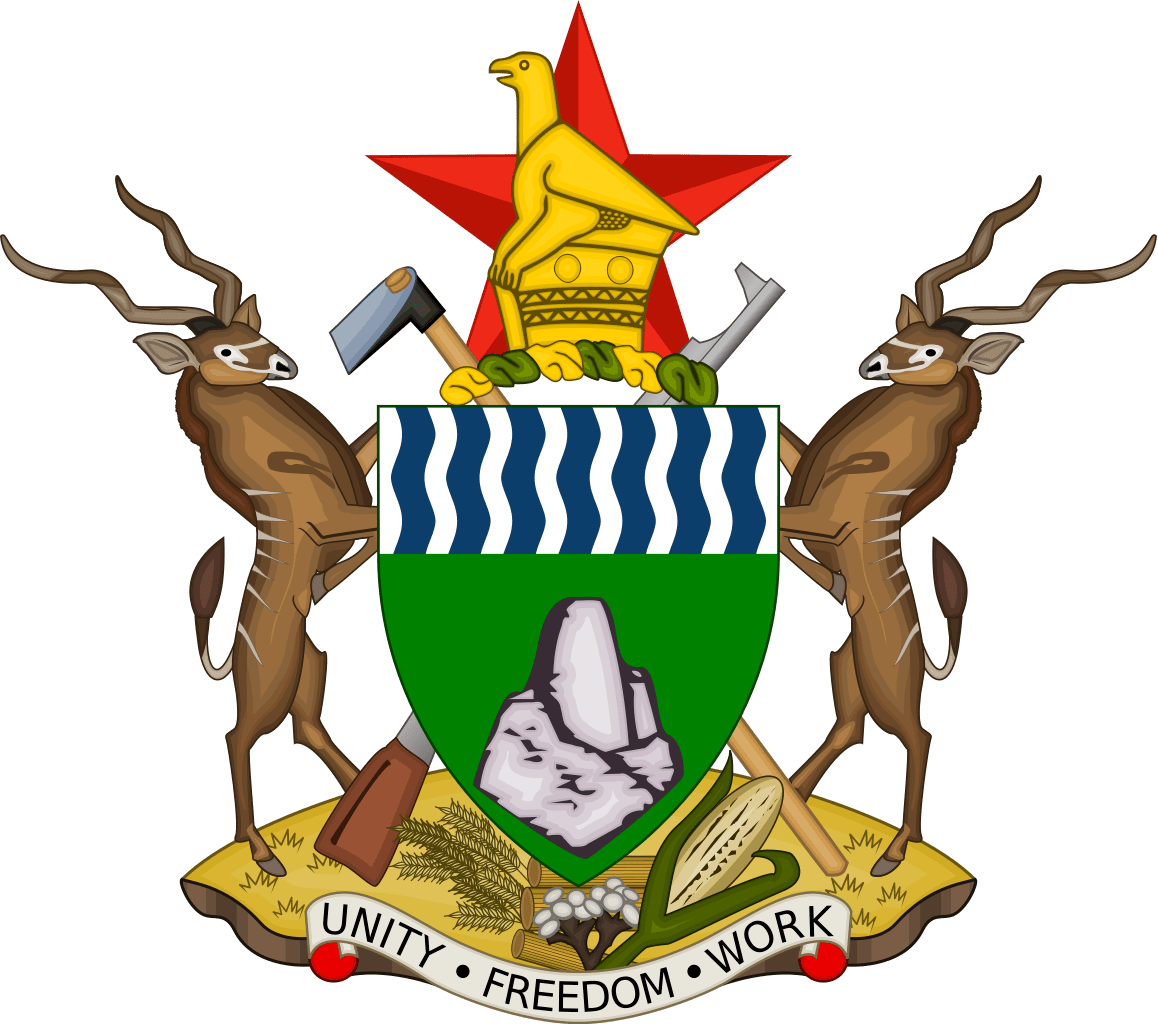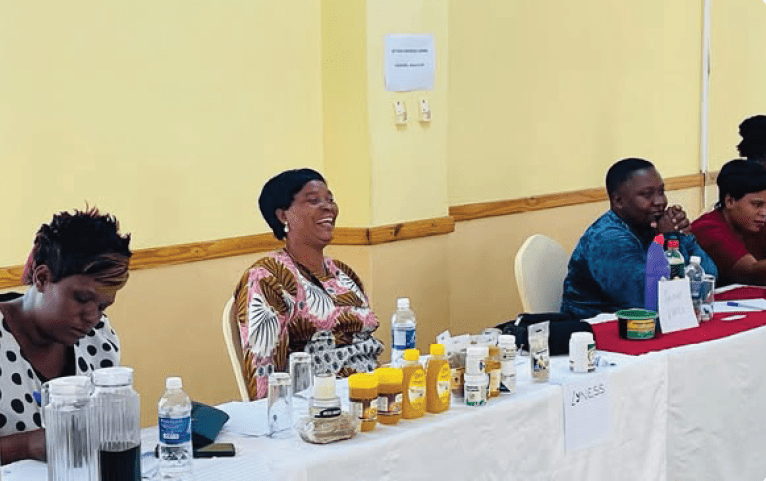By Dorcas Makotore
ZIMTRADE, IN partnership with Mercy Corps, hosted the Manicaland Business Market Actors Symposium from 3-4 September 2025 in Mutare.
The symposium was organised to foster dialogue across different sectors in recognition of the importance of collaboration in driving economic outcomes.
Running under the theme “Strengthening Resilient Market Systems for Women and Women-led Micro Small and Medium Enterprises (MSMEs) through Strategic Public-Private Partnerships,” the event brought together 150 participants, including government officials, private sector representatives, development partners and women and youth led enterprises.
It created a platform for cross-sector dialogue on innovative ways to empower women-led businesses.
Over the two days, the symposium allowed market actors to showcase best practices while also offering an environment for participants to learn from diverse experiences and adapt successful approaches to their own contexts.
Particular attention was given to sectors such as waste management, agro-processing, small-scale manufacturing, renewable energy, and access to finance, areas where women play an essential role both as service providers and as clients.
The business symposium featured thematic sessions that addressed critical aspects of enterprise growth and competitiveness.
During its presentation at the symposium, ZimTrade highlighted the vast opportunities available across regional and global markets.
The presentation underscored the importance of export readiness, with emphasis placed on areas such as organisational resources, product quality and packaging, access to market information, financing and logistics, as well as production capacity for exports.
Participants were encouraged to take advantage of existing trade blocs to which Zimbabwe is a signatory, as these provide easier access to new markets.
Value addition was also stressed as a critical pathway for competitiveness, particularly for enterprises in agro-processing and manufacturing.
On MSME formalization, experts highlighted that while Zimbabwe’s MSMEs contribute greatly to GDP, with 60 percent being women-owned, their growth is hindered by challenges in registration, compliance, and certification, all of which are prerequisites for accessing finance and broader markets.
Government and key stakeholders reaffirmed their commitment to creating an enabling environment for MSMEs.
Presentations by stakeholders such as the Standards Association of Zimbabwe (SAZ), the Ministry of Women Affairs, and the Zimbabwe Revenue Authority (ZIMRA) further deepened the dialogue.
SAZ emphasised the importance of certification in reducing trade barriers and enhancing competitiveness, while outlining the step-by-step certification process. T
he Ministry of Women Affairs clarified pathways to formalisation, explaining the structures available to MSMEs, including cooperatives and private business corporations, while also acknowledging the need for reforms to reduce bureaucracy and costs.
ZIMRA addressed taxation for MSMEs, highlighting the advantages of business registration, proper recordkeeping, and compliance with statutory obligations, while stressing that these steps also enhance business credibility and client trust.
As the symposium concluded, participants highlighted the importance of sustained collaboration across sectors in strengthening market systems.







